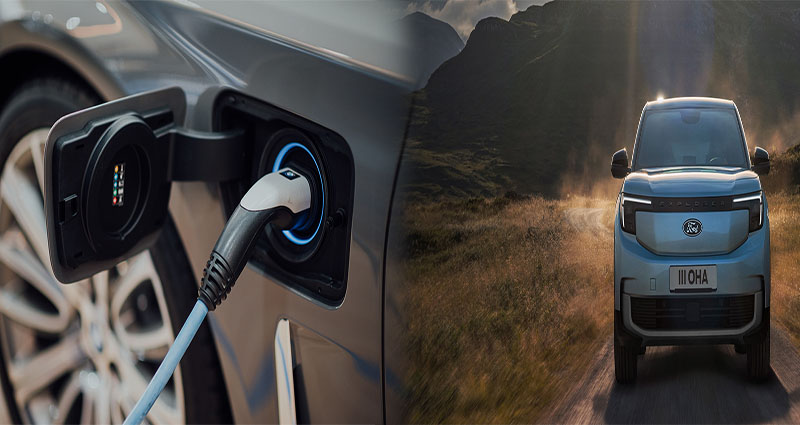As the world embraces more sustainable transportation options, low-cost electric cars have emerged as a viable solution for eco-conscious individuals. These vehicles offer the dual advantage of reducing both expenses and emissions, making them an attractive alternative to traditional gasoline-powered cars. In this article, we will explore the benefits of low-cost electric cars, focusing on how they can help individuals reduce expenses while making a positive impact on the environment.
Lower Cost of Ownership
One of the significant advantages of low-cost electric cars is their lower cost of ownership compared to traditional gasoline-powered vehicles. Electric cars typically have lower maintenance costs as they have fewer moving parts and do not require regular oil changes or other complex engine maintenance tasks. Furthermore, the cost of electricity to power an electric vehicle is significantly cheaper than the cost of gasoline, allowing owners to save money on fuel expenses over the long term. These cost savings can add up, making low-cost electric cars an economical choice for budget-conscious individuals.
Government Incentives and Tax Credits
To encourage the adoption of electric vehicles, many governments and local authorities offer incentives and tax credits for low-cost electric car owners. These incentives can include rebates on the purchase price, exemption from certain taxes or tolls, and reduced vehicle registration fees. By taking advantage of these incentives, owners of electric cars can further reduce their overall expenses, making these vehicles even more cost-effective. It’s worth researching the available incentives and tax credits in your area to maximize cost savings when considering a low-cost electric car.
Energy Efficiency and Reduced Charging Costs
Low-cost electric cars are known for their energy efficiency, allowing them to travel more miles per unit of energy compared to gasoline-powered vehicles. Electric cars convert a higher percentage of electrical energy into forward motion, resulting in lower energy wastage. As a result, owners enjoy reduced charging costs, as they can go longer distances on a single charge compared to the equivalent amount of gasoline. By utilizing public charging infrastructure or installing a home charging station, electric car owners can further optimize charging costs and convenience.
Environmental Impact: Reduced Emissions
Aside from the monetary benefits, opting for a low-cost electric car also contributes to reducing greenhouse gas emissions and air pollution. Electric cars produce zero tailpipe emissions, meaning they don’t release pollutants during operation. This helps combat local air pollution and significantly reduces the carbon footprint associated with personal transportation. By choosing a low-cost electric car, individuals can play an active role in addressing climate change and creating a cleaner, more sustainable future.
Enhanced Driving Experience and Technology Features
Low-cost electric cars are not only economically friendly but also offer a delightful driving experience. Electric vehicles provide instant torque, delivering quick acceleration and a smooth, quiet ride. Moreover, electric cars often come equipped with advanced technology features, including regenerative braking, touchscreen infotainment systems, and connectivity options. These features enhance the overall driving experience, making low-cost electric cars an appealing choice for technology-savvy individuals.
Low-cost electric cars offer a compelling proposition by simultaneously reducing expenses and emissions. Lower cost of ownership, government incentives, energy efficiency, reduced charging costs, and a positive environmental impact make these vehicles an economically and environmentally sound choice. Additionally, low-cost electric cars provide a superior driving experience with advanced technology features. By considering a low-cost electric car, individuals can make a positive impact on both their finances and the planet, ushering in a greener and more sustainable future.










